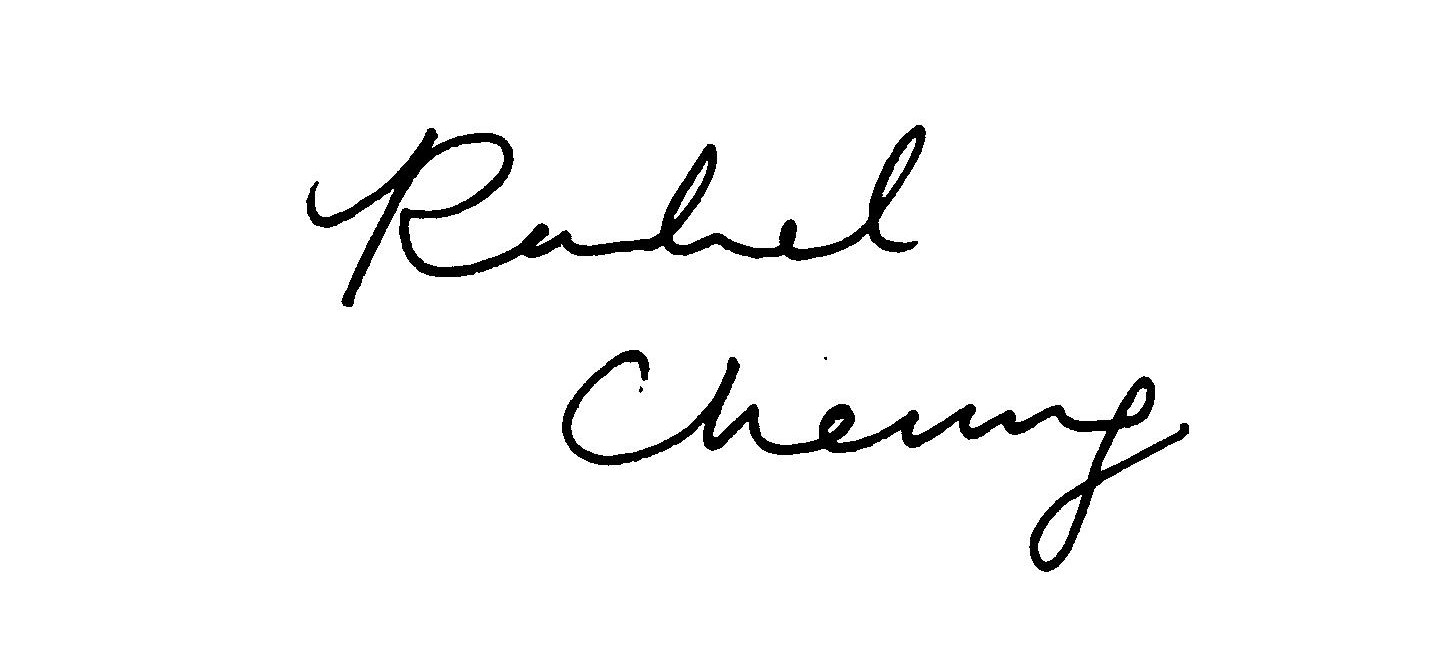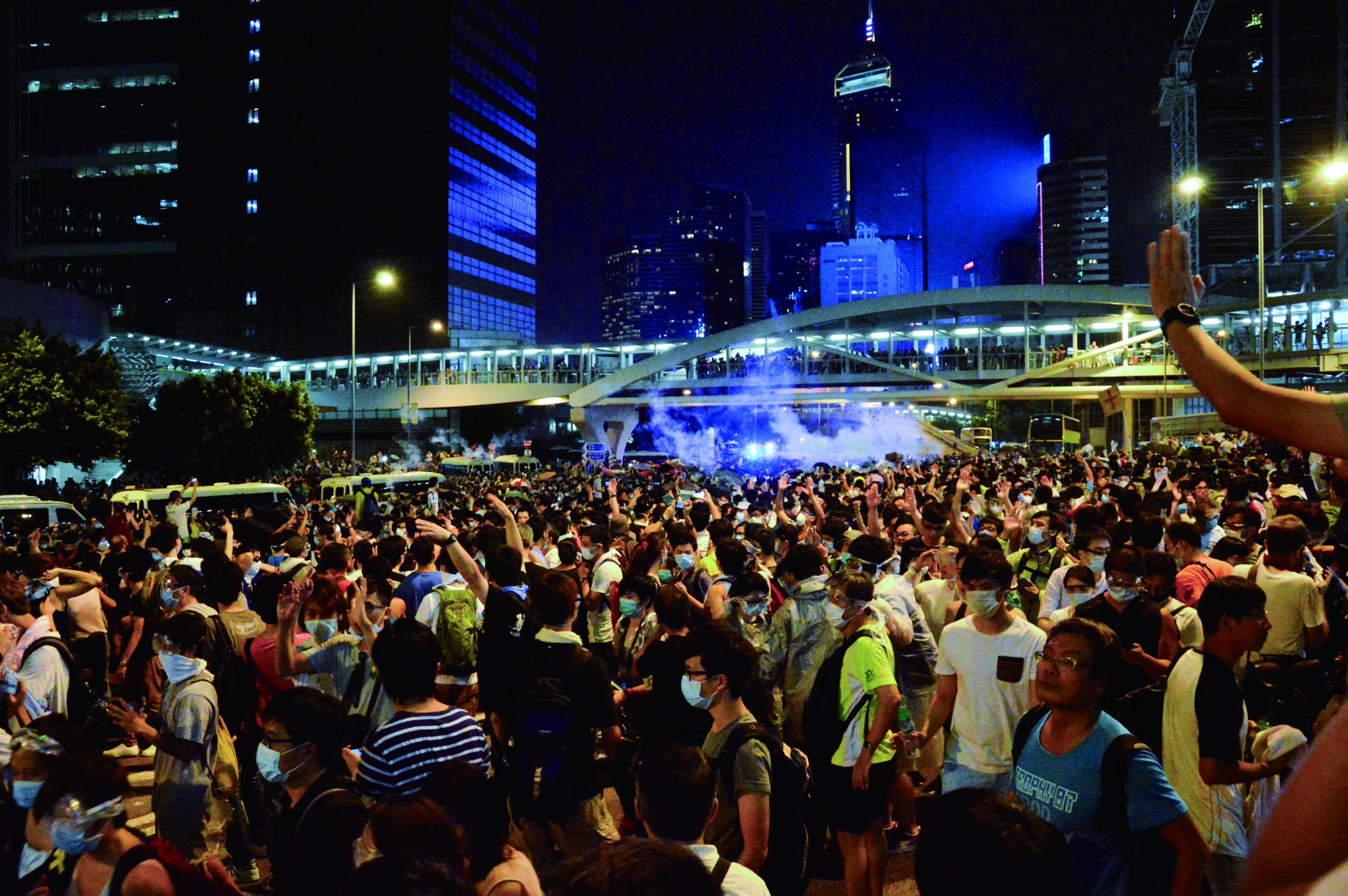Sulu Sou Ka-hou, who is just 23, is the president of the New Macau Association, which was founded in 1992 and is the enclave’s most prominent pro-democracy organisation. Sou says that, compared to Hong Kong’s civil society development, Macau is at least 10 years behind.
Sou says the Macanese are so used to maintaining a harmonious environment that it has become an impediment to the city’s democratic development.

“I think Macau now is similar to Hong Kong in 2003. People have little experience in standing up to the government,” he says. “In 2014, Hongkongers are prepared to storm the Legislative Council and participate in Occupy Central, but if it were 2003, no one would do either of those things.”
Jason Chao Teng-hei, 27, president of Open Macau Society, a non-government organisation advocating social equality, openness, and civil society in Macau, says the Macanese traditionally value personal connections and, in times of conflict, they opt for peaceful negotiations, if not compromises, instead of adopting “adversarial means” or confrontations. In order to not offend the people around them, they tend to be submissive and low-profile, not daring to challenge the authorities even if injustice prevails in their community.
According to Chao, what most people are concerned about is their standard of living, and that can only be guaranteed through a stable job, and well-established social networks. “Unlike Hong Kong people, they are not enlightened enough to realise the link between safeguarding their livelihood and fighting for democracy,” Chao says, “and therefore we ought to show them the link.”
Keen to give Macau people a taste of exercising their civil rights, Chao co-organised an unofficial referendum in August in which eligible voters were asked whether they had confidence in Chui and whether they thought the next Chief Executive should be elected by universal suffrage in 2019.
The poll came under intense pressure, with cyberattacks and the arrest of five activists, including Chao, for allegedly breaching the privacy law. In the end, around 8,700 of Macau’s 624,000 eligible voters took part in the poll, with close to 90 per cent of them saying they had no confidence in Chui and 95 per cent of them backing universal suffrage. The turnout might not compare with Hong Kong’s June 22 civil referendum on the nomination method for Chief Executive candidates, but organisers say what matters most is the educational purpose of the exercise.
“Before driving the general public to fight for it [universal suffrage], we have to let the people know how good it is by letting them experience how it operates and how they can cast their vote,” Chao says.
As people become more vocal in articulating their demands, the authorities are hitting back. During the referendum, Roy Choi Chi-chio, the vice-president of Macau Concealers, a satirical online newspaper mocking the name of the most prominent and pro-establishment newspaper, Macao Daily News, and a journalist colleague were arrested for their coverage of the event.
Choi sees his arrest as an example of political persecution. Despite limited press freedom, he believes the media has an important role to play in propelling social movements by disseminating information about political movements and mobilising the public. “In the past, many netizens actually expressed their desire to take to the street but most attempts failed as nobody took the lead,” Choi says, “But now, we [new media] play a significant role in steering them in the right direction.”
Gino Lei Cheong-hou, a journalist at All About Macau Media, another leading independent online newspaper, notes the difficulties in conveying messages about politics and democracy across the digital divide. “The youngsters will definitely use Facebook but in order to reach the older generation, we need to print a paper version,” he says. “But we’re now facing the problems of high costs and a heavy workload.”
What makes the media scene in Macau more challenging than in Hong Kong is that the majority of the traditional media is subsidised by the government, and censorship is rife.
Media censorship on politically sensitive issues has contributed to political apathy and an immature public sphere. Meanwhile the pressure on academics and intellectuals adds to the difficulties in developing a diverse and vibrant civil society.









































